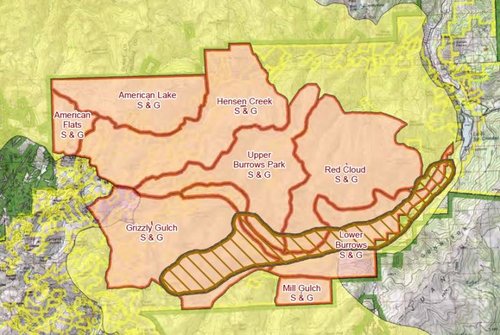hank4- You must not like mule deer to have that kind of animosity towards sheep...
It's a bit of a joke. But, sheep and deer have quite a bit of dietary overlap. Oversimplified, but make it a good place for sheep and it's likely gonna be a good place for mule deer.I degress,I raised some for the weaver I lived with for 20 yrs. Mohair,from some
Had friends that raised sheep for cheese too.....the best I ever had.
My 1st love is mule deer & hunting them,with a in my face focus on elk the last 10 yrs.
I don't get the not like mule deer part?
I just still see the damage they do overall,for a long time.
I also see way to much overgrazing on public lands by cattle ranchers these days. The rancher/cattlemen I learned from and respect would be appalled at this ruination of the rangelands .
PS- Bad grazing management is just that regardless of the critter doing it whether that be cattle, sheep, or elk!
PPS- IME, sheep are much easier to manage than cattle.





